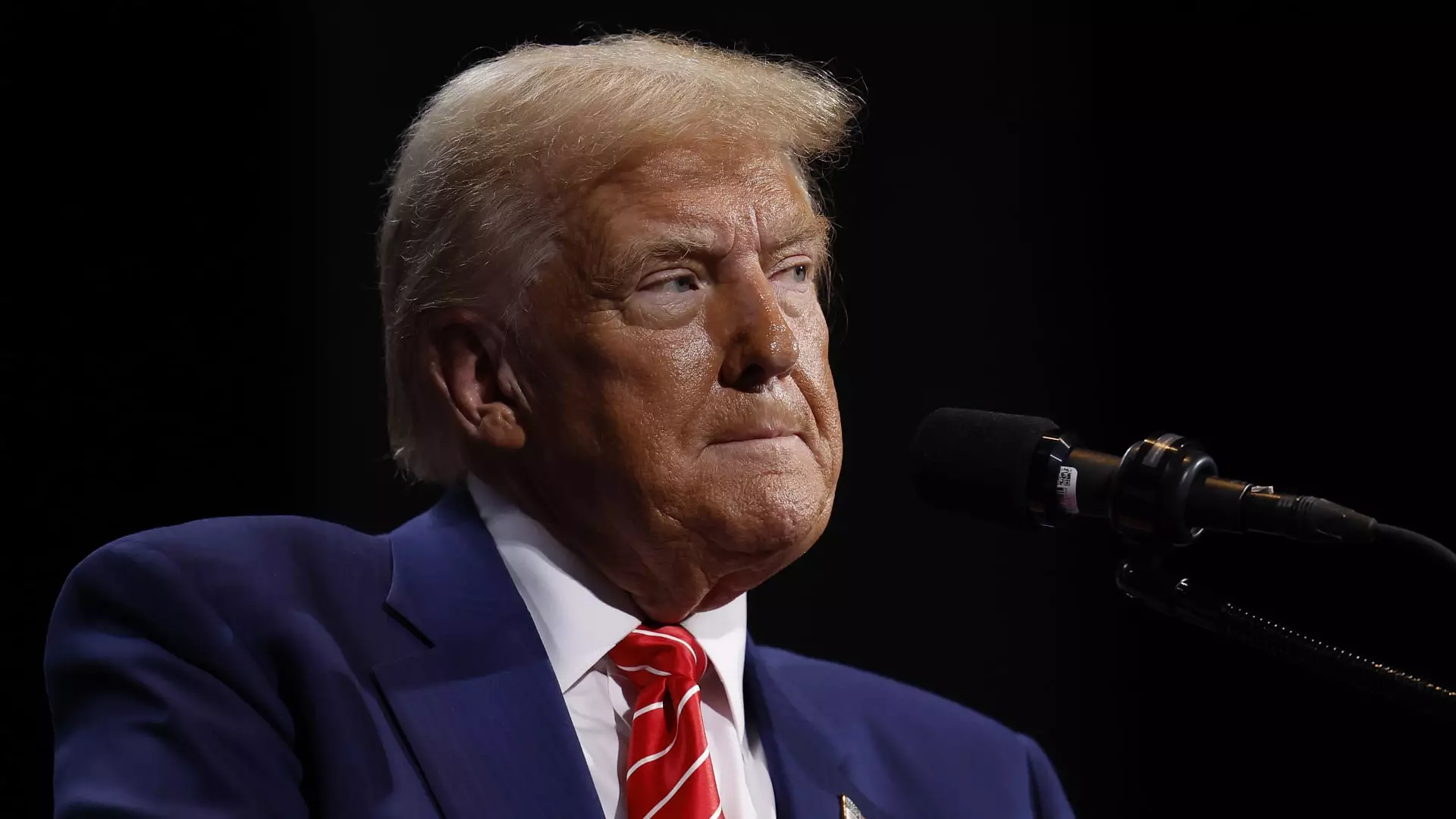The case of the Central Park Five remains one of the most notorious instances of wrongful conviction in American history, drawing attention to systemic failings in the judicial system, racial prejudice, and media sensationalism. Recently, the men involved—a group now identifying as the Exonerated Five—have taken legal action against former President Donald Trump, claiming defamation stemming from statements he made during a recent debate. Their lawsuit highlights the broader implications of wrongful convictions and the responsibility of public figures in disseminating accurate information.
The lawsuit filed in federal court argues that Trump defamed the Exonerated Five during a debate on September 10, 2020, where he made assertions that the men had confessed to murder and pleaded guilty to their charges. According to the suit, these claims are categorically untrue, as none of the five men admitted to any wrongdoing, and they were later exonerated due to new DNA evidence. By asserting these falsehoods, Trump not only revived the stigmas attached to the men’s lives but also inflicted emotional distress, according to the legal argument presented in court.
This legal action is grounded in the principle that public figures, such as Trump, have a duty to ensure that their statements regarding individuals carry a degree of factual accuracy, particularly when those claims can lead to significant reputational damage. The lawsuit has called attention to Trump’s historical comments on the case, including a full-page advertisement he took out in 1989 demanding the death penalty for the accused, before they had stood trial or been convicted.
The background of the Central Park Five case is vital to understanding the gravity of the current lawsuit. In 1989, five teenage boys of color—Yusef Salaam, Raymond Santana, Kevin Richardson, Antron Brown, and Korey Wise—were wrongfully convicted of the brutal assault and rape of a jogger in Central Park. Despite protests of their innocence and lacking any concrete evidence linking them to the crime, the media frenzy and public outcry led to their convictions.
Years later, the truth emerged as DNA evidence cleared the Exonerated Five, suggesting that another individual had committed the crime. In 2002, this revelation marked a significant turning point, prompting the men to seek justice not just for their wrongful imprisonment but also for the injustices they faced due to societal prejudices and systemic failures.
This was compounded by the fact that the city later settled their lawsuit for $41 million, an act that Trump publicly denounced as a “disgrace.” This continuous narrative, where the Exonerated Five were vilified instead of vindicated, sets a painful backdrop to Trump’s recent comments.
The Implications of Defamatory Statements
Defamation cases involving prominent figures can significantly impact societal narratives and public understanding, especially regarding sensitive issues that intersect with race and justice. The claims by the Exonerated Five against Trump go beyond personal grievance; they symbolize a challenge against the persistent myths surrounding wrongful convictions. Media portrayal, robust public figures’ rhetoric, and the legal ramifications of such statements come into sharp focus in this lawsuit.
Furthermore, as the Exonerated Five seek justice, they are also confronting the broader narrative of how claims of guilt can unwittingly transform the lives of individuals, often irreversibly, without due process. Should the court rule in favor of the plaintiffs, it may set a precedent regarding the accountability of public figures for their statements, particularly those that can incite public misunderstanding or prejudice.
As the legal proceedings unfold, the Exonerated Five continue to advocate for not only their dignity but also the dignity of all individuals who have suffered due to systemic injustices. Their fight against Trump is emblematic of a much larger struggle against a culture that often favors sensational narratives over truth.
This lawsuit sparks necessary conversations about societal responsibilities, media influence, and the importance of precisely representing historical injustices. Ultimately, it serves as a reminder that while some narratives may fade into the background, the quest for justice, accuracy, and accountability remains a persistent and vital struggle.


Leave a Reply